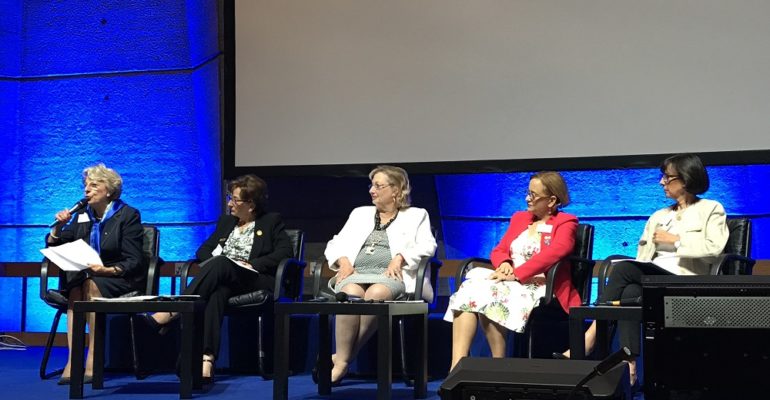September – October 2017
In the first in a new series – we introduce ‘Your Voice at the United Nations’ – a regular round-up of advocacy news from the SI UN Representatives across the UN Centres.
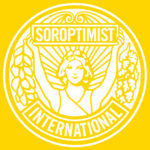 ‘Literacy, Lifelong Learning, A Sustainable Future for All’
‘Literacy, Lifelong Learning, A Sustainable Future for All’
On September 11, 2017, Soroptimist International France organised a day of lectures and debates at UNESCO on the theme ‘Literacy, Lifelong Learning, A Sustainable Future for All’ along with our two UN SI Representatives in Paris, Marie-Christine Gries and Rina Dupriet. SI President of the French Union, Evelyne Para opened the event, SI UN Representative, Rina Dupriet moderated a round-table, and SI President Mariet Verhoef-Cohen closed the ceremony.
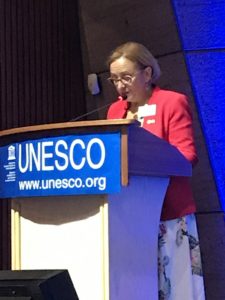
Image: SI President of the French Union, Evelyne Para.
Evelyne underlined how crucial education is to achieve all the goals of sustainable development which have been adopted by the member states of the United Nations. Education also has a dedicated objective to “ensure universal access to quality education on an equal footing and to promote lifelong learning opportunities”. That is why Soroptimist International has chosen to invest in education, with a special focus on women and girls. In a world where economic and social structures are rapidly changing and technological progress is rapidly evolving, “lifelong learning” is not a luxury but a necessity. It is not only a matter of improving knowledge and skills. It is the very heart of personal and social development, it is a path to a more harmonious, more authentic human development to reduce poverty, exclusion, misunderstandings, oppressions, wars…, it is a privileged means to establish relations between people, between groups and nations, and to realise the ideals that are dear to us, namely human rights, peace, freedom and social justice.
SI UN Representative Rina opened the third-round table with “Knowledge is Power, certain people will tell you!” She explained that is it up to the NGOs to work within the framework of the new Agenda for Literacy to defend peace in the world. This can sometimes explain the will of some leaders in a number of countries not to facilitate literacy programmes for their people, and in particular of certain categories of their population, (particularly women and girls), in the name of a political or religious ideology, or of customs that are past their time. Soroptimist International has clearly understood this for almost a century of its existence. In a world made more fragile by wars, but also in a changing society whose benchmarks and values often shift, NGOs play a leading role in helping the most vulnerable populations.
SI President Mariet concluded with how important it is for Soroptimist International to fight against illiteracy. When women and girls the world over learn to read, write, do basic maths and use computers, they are more likely to lift themselves out of poverty. This is crucial, worldwide some 493 million women and girls still cannot read or write; this is literacy injustice. Women need to be given a (second) chance at literacy, it will increase their earning power and give their children a brighter future.
Click HERE to a view all speeches in English and French.
 ‘The briefing for Non-Governmental Organisations on Engagement with UN Environment and the United Nations Environment Assembly’
‘The briefing for Non-Governmental Organisations on Engagement with UN Environment and the United Nations Environment Assembly’
The briefing for Non-Governmental Organisations on Engagement with UN Environment and the United Nations Environment Assembly, took place on 25 September in Nairobi and SI UN Representative, Nairobi, Alice Odingo was in attendance, along with approximately 200 Kenyan NGOs, UN Environment partners, the Friedrich Ebert Foundation, Transparency International Kenya, Pan-African Climate Justice Alliance (PACJA) and the Kenyan NGO Council.
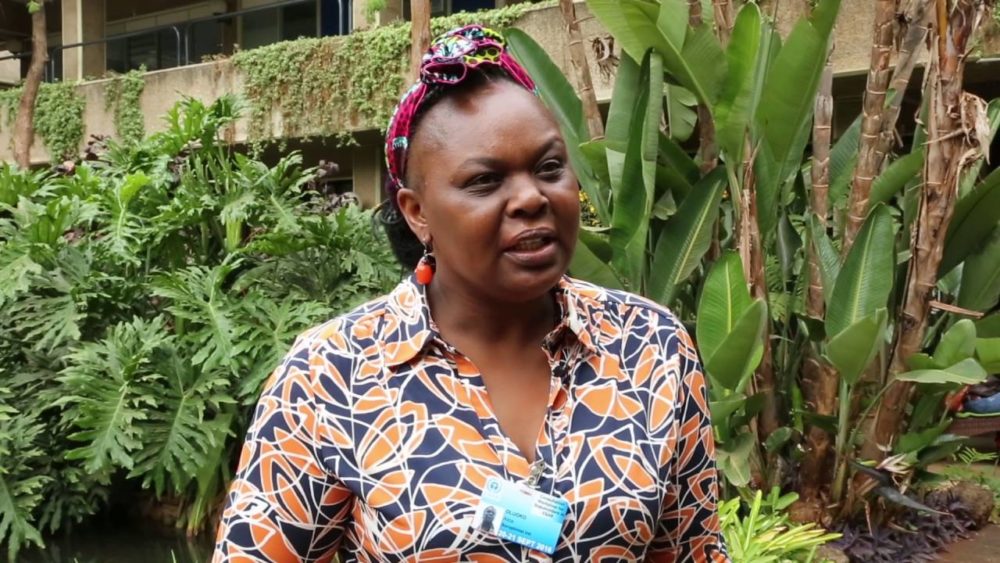
Image: SI UN Rep Alice Odingo
The meeting set out to enhance:
- A better understanding by the participating civil society organisations on the role and mandate of UN Environment and its relevance in the Kenyan context.
- A better understanding of the role and mandate of the UN Environment Assembly and the opportunities it holds for civil society organisation to engage with the inter-governmental environmental decision-making body.
- Stakeholder capacities and understanding on the opportunities for engagement and influence at UN Environment and the United Nations Environment Assembly.
- Increased outreach to citizens/private persons in Kenya and beyond, helping them to better understand the role of the UN, UN Environment and the Assembly.
- Information about the role and activities of the Kenyan NGO Council, Transparency International Kenya, PACJA and the Friedrich Ebert Foundation.
The first Session of the meeting began with a briefing from UN Environment Head of Civil Society Unit (Mr. Alexander Juras), Director, Regional Office for Africa (ROA) (Madam Juliete Biao), and Executive Director, UN Environment (Mr. Erick Soleheim). Some of the key messages from this session included, the need to support government position on plastic burn; emphasis on science, civil society, politics and business to solve the pollution problems to achieve the UNEA 3 theme ‘Towards a Pollution Free Environment’. UNEA 3 will take place 4-6 December in Nairobi and SI President Mariet Verhoef-Cohen will attend along with the Nairobi representatives.
Mr. Mohamed Atani from the Regional Information Office of Regional Office for Africa (ROA) outlined some interesting facts – the African continent has many resources- 40 percent (world’s gold), 5 percent (natural gas), 12 percent (oil reserves), 65 percent (world’s arable land), 10 percent (water resources), 40 percent (world’s biodiversity), as well as 265 days of sunlight. Some of the challenges according to Mr. Atani include illegal logging, depleted soils, lack of electricity (600 million lack electricity) and overuse of/over dependence on biomass fuel (53 percent).
SI UN Representative Alice Odingo presented during the third panel discussion. For the full text of Alice’s presentation, please click HERE.
 ’72nd Session of the UN General Assembly’
’72nd Session of the UN General Assembly’
SI UN Representative in New York, Sandy Hecker attended the 72nd Session of the UN General Assembly which took place from 12–25 September.

Image: Independent Accountability Panel (IAP).
In the first week, the side event programmes heavily concentrated on data, metrics, and statistical outcomes. While there is comprehensive data available, more is essential for the health and welfare of women and children. In rural and isolated communities, technology is minimal or non-existent, frustrating the few statisticians and organisations that are diligent in securing the information under very difficult circumstances particularly in the mountains. Telecommunications and connectivity is a priority especially for women and girls. Often girls do not have a birth certificate and without one denied education and work. However, even without a formal education digital literacy will provide the girls a chance for independence and eventually an income. In remote communities’ women and girls will continue to be at higher risk for violence and trafficking particularly with weak or little law enforcement. These statistics can provide governments and businesses empirical evidence to strategise and implement new policies of protection and programmes.
The newly established Independent Accountability Panel (IAP), which the UN Secretary General appointed, provides an independent and transparent review of progress and challenges on the implementation of the 2016-30 Every Woman Every Child. The Every Women Every Child specifies explicit roles for strengthening accountability functions at global and country levels to achieve its goals.
 ‘One Belt One Road, Bridge for Cities – Belt and Road Initiative: Developing Green Economies for Cities’.
‘One Belt One Road, Bridge for Cities – Belt and Road Initiative: Developing Green Economies for Cities’.
On 26 – 28 September, SI UN Representative, Dora Vrdlovec, Vienna attended One Belt One Road, Bridge for Cities – Belt and Road Initiative: Developing Green Economies for Cities, organised by UNIDO and the Finance Centre for South-South Cooperation.
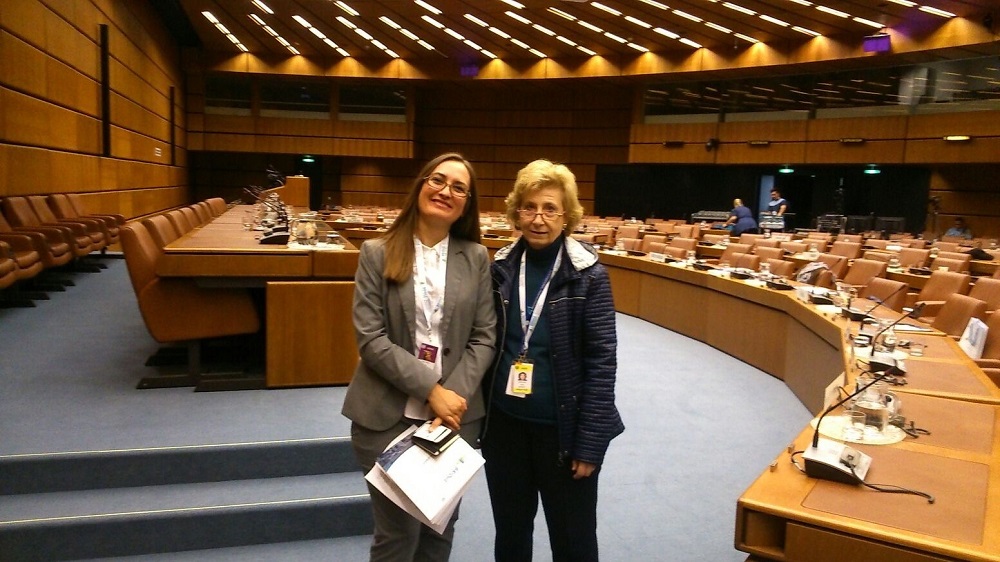
Image: SI UN Rep Dora Vrdlovec with Cristina Pinna UNDP, Beijing.
‘One Belt, One Road’ is an enormous global Chinese project that will completely change the world in the years to come. The plan is to construct huge infrastructural links through Asia and Europe to better connect China with the rest of the world. Beijing is allocating huge amounts of finance to fund this complex project.
Countries from Asia and Africa are some of the fastest-growing economies in the world. With economic growth, comes an increase in the migration of rural population to urban areas. With migration, the population in cities increases at a rapid rate, leading to overcrowding in cities which puts a strain on services such as electricity, transportation and water. Within urban areas there are higher crime rates, green gas emissions, and pollution amongst others, which pose longer-term challenges.
More than half of the global population lives in cities, and this level is expected to increase to two-thirds by 2050. 80% of all urban growth in the next 20 years will take place in Africa and Asia.
Lead Image: Left to Right – Rina Dupriet SI UN Rep, Maggy Berckes, President Luxembourg Union of SI, Claire Hublet, President Belgiun Union of SI, Evelyne Para, President French Union of SI, Micheline Chabanon-Cozzone, club Lyon Tete d’Or (SI France).

